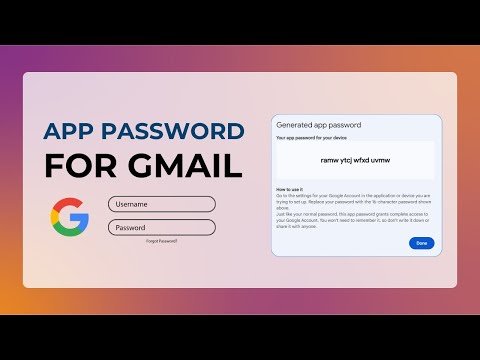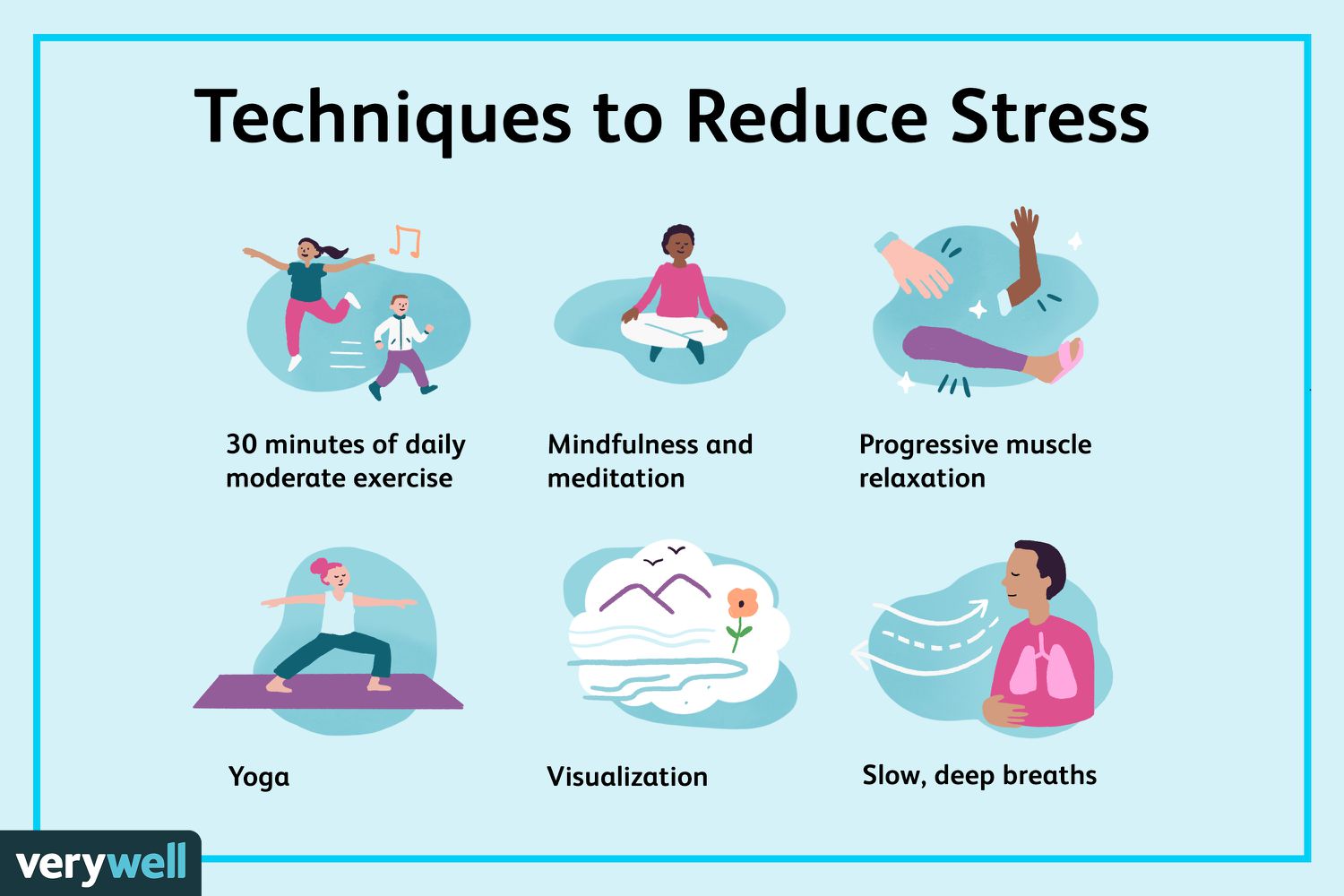Steps to Secure Your Gmail Account Under the New Rules
As at the end of the period on September 30, 2024, there are new password policies in place regarding how people access the Gmail app that would affect the working of third-party applications with Gmail accounts. The broadest goal is to increase the level of security by getting rid of old and unsafe login practices such as username-passwords without any sort of additional security. Here’s what you need to check and update to stay compliant and avoid losing access to your Gmail.
1 – Understanding the Change
This is again one of the new policies aimed at doing away with ‘less secure’ app access, an option that was providing users with the ability to log in into gmail through third-party apps using just their password and username. Likely these methods will have a more significant impact on phishing and hacking attempts hence unsecure. As at September 30th, 2024, Gmail will no longer permit login to apps through security issues, meaning, sharing of your password with the app. Apps have to be accessed through a more secure method known as OAuth 2.0. (Techweez , Digital Information World).
2 – Apps and Devices Affected
This change affects a set of apps and devices which use basic login methods, such as older versions of Outlook, Thunderbird; Apple Mail and more. Without an update to the latest version or some other type of re-configuration, these apps will no longer be able to access Gmail. All of these apps are used by people quite frequently, here is a list:
- Outlook 2016 and earlier: These users should migrate to more recent versions, such as Outlook for Microsoft 365.
- Thunderbird: You will see that it only allows you to re-connect your Gmail account via IMAP using OAuth 2.0.
- iOS and macOS Mail: It’s critical that users delete their Gmail accounts in the Mail app and then re-add them to make sure they are using OAuth 2.0 (Settings, Passwords & Accounts).
3 – Steps to Prepare
Gmail users have until the deadline to make sure that their apps and devices are prepared for the new security standards. Here’s a checklist to follow:
- Get Update apps: Make sure you are using the most recent versions of email clients such as Outlook, Thunderbird or Apple Mail. The resulting versions will have OAuth 2.0 support
- Re-Add Gmail Account: In case you are not sure about your current configuration then re-add your Gmail account and select the option for opening OAuth etc.
- Update OAuth 2.0: You may be requested to migrate to OAuth 2.0 by apps if they don’t have already done so. If it is possible to switch or to enable the corresponding feature on the app settings, please check there.
- Use Two Factor Authentication (2FA): Also make sure to enable 2FA on your Google account as a further added layer of security. This includes the double verification to protect by having a secondary code (besides your password) that must be entered when logging into an account.
4 – Security Implications
It is in demanding OAuth 2.0 that Google will reduce instances of credential theft. OAuth never transmits your password to apps; thus, it becomes hard for hackers to gain unauthorized access. This will probably curb the phishing attacks targeted at Gmail users since the tokens of login in OAuth are app-specific and expire within an instance.
Even more, this change will make Google Sync and the older login protocols like IMAP and POP less relevant unless they are configured through OAuth. The personal Gmail users will still be able to access these features, however with this security layer.

5 – How This Affects Businesses
These variations, for companies that need Google Workspace features, would be more intrusive. Businesses with either older or custom-built applications that send email using Gmail will need to update these systems in order for them continue working. IT departments should:
Secure Google account now by auditing all apps which are accessing Gmail with simple credentials
Third-party apps must be updated or replaced with apps that support OAut.
Educate your staff on how to change their email clients and reinforce the best security procedures as follows: (Digital Information World)
6. What Happens If You Don’t Update?
If you do not update your apps or adjust your settings to the new requirements by the deadline, some of your applications may lose access to Gmail. If the app or device is going to attempt login methods that are no longer valid, you might start seeing error messages like “username or password incorrect.”. Prevent cuts in the first place, and act by September 30, 2024.
7. Key Takeaways for Gmail Users
- Update your email apps to ensure they support OAuth 2.0.
- Re-authenticate your Gmail account on devices like smartphones and computers.
- Use two-factor authentication for enhanced security.
- Stay vigilant for phishing attempts, as attackers might try to exploit the transition period.
Conclusion
The new Gmail password rules from Google are a critical step in the ongoing fight of cyber threats. This allows for Google to ensure that account access is more secure, simply by moving to OAuth 2.0. Do not take a chance, update those apps and settings today so when Google kills this protocol at the Gmail bottleneck your access is uninterrupted.
FAQs
What is changing with Gmail app password rules in 2024?
Starting September 30, 2024, Gmail will only support OAuth 2.0 for app access, enhancing security by phasing out older login methods that use just a username and password.
How can I prepare for Gmail’s new password rules?
To avoid disruptions, update your apps to versions that support OAuth 2.0 and re-authenticate your Gmail account to ensure compliance with the new rules.
Which apps are affected by Gmail’s password changes?
Older versions of email clients like Outlook, Thunderbird, and Apple Mail that don’t support OAuth 2.0 will no longer be able to access Gmail without updates.








Family Dollar For the reason that the admin of this site is working, no uncertainty very quickly it will be renowned, due to its quality contents.
Henof Great information shared.. really enjoyed reading this post thank you author for sharing this post .. appreciated